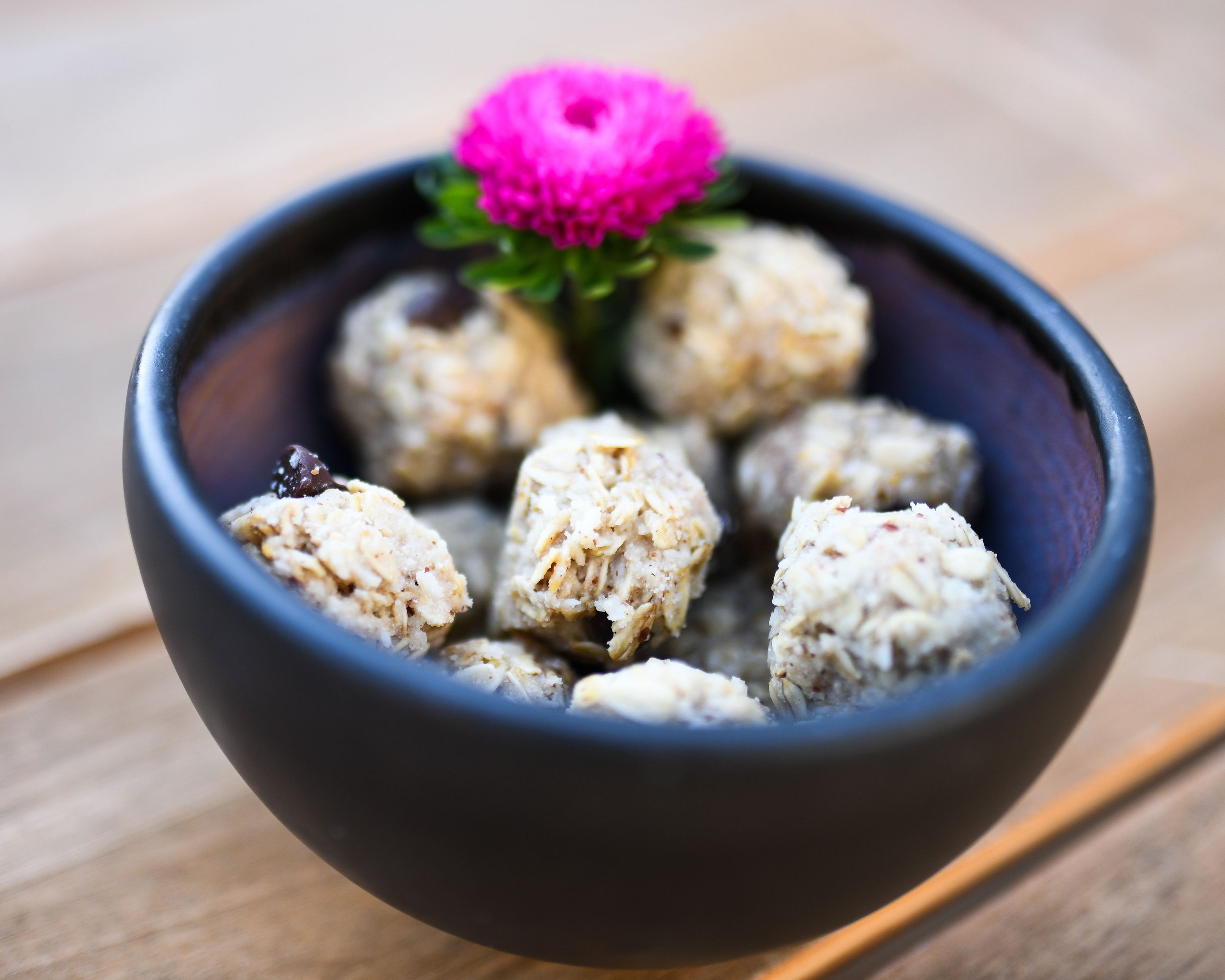Sugar is naturally occurring in foods that are in their whole form such as vegetables, fruits and starchy carbohydrates like sweet potatoes. Since these foods also contain fiber and antioxidants, the sugar is processed slower in the body and does not become a harmful ingredient.
Unlike these natural food sources, there are several options of food and beverage where sugar is added. This added sugar acts as a roller coaster in the body- significantly lifting the energy up and then dropping it right back down. The up and down energy is a symptom of blood sugar spikes. This not only feels terrible by the end of the day, but hinders focus and suppresses the immune system.
According to several studies conducted by Harvard Medical School, consuming too much added sugar can raise blood pressure and increase chronic inflammation, both of which are pathological pathways to heart disease. Harvard Medical professional Dr. Hu and his colleagues found an association between a high-sugar diet and a greater risk of dying from heart disease. Over the course of the 15-year study, people who got 17% to 21% of their calories from added sugar had a 38% higher risk of dying from cardiovascular disease compared with those who consumed 8% of their calories as added sugar.
Excess consumption of sugar can also lead to weight gain. This is due to an imbalance of hormones insulin, leptin and ghrelin. Insulin is a hormone that is secreted into the bloodstream to help shuttle out excess glucose. When we consume high amounts of processed foods, simple carbohydrates or baked goods; we can become insulin resistant. This process increases fat storage and interferes with energy regulation. It also creates an imbalance between leptin and ghrelin. Leptin is the hormone that signals satiety, while ghrelin is the hormone that signals hunger. Insulin resistance can raise production of ghrelin (hunger) and lower the ability to feel satisfied by food.
Smart Swaps:
Dried Fruit or Fresh Fruit
Candy for Dark Chocolate
Fruit Juice for Club Soda with Lime/Lemon, stevia
Packaged Nutrition Bars for Nuts/Seeds
Pasta for Roasted Cauliflower
Sliced Packaged Bread for Sourdough
Pretzels for Macadamia Nuts
Packaged Salad Dressing for Olive Oil, Seasalt and Lemon
Flavored Yogurt for Plain Yogurt with Added Berries and Stevia







